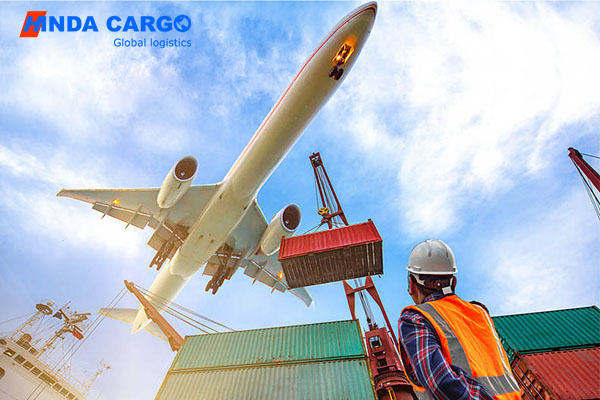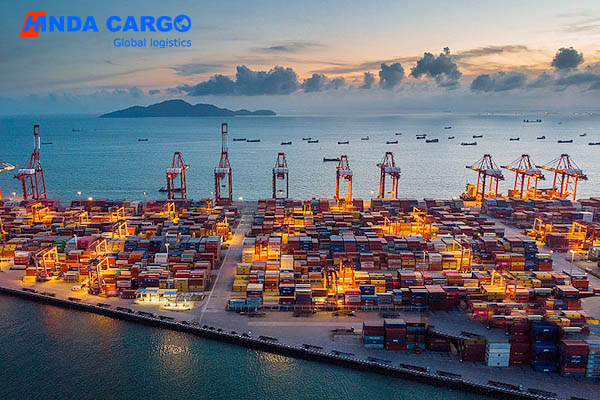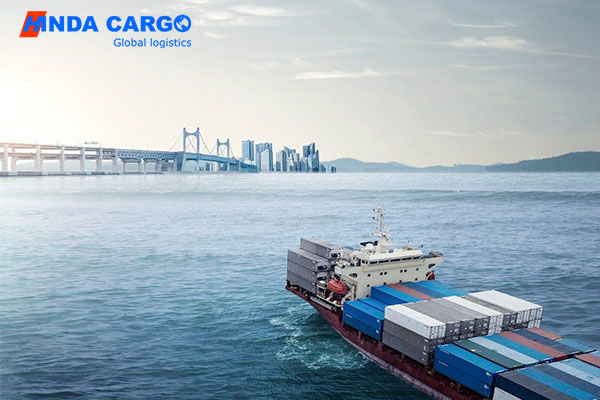Which freight transport company has the most lost packages?
The service quality of freight transport companies is directly related to the interests of enterprises and consumers, and the problem of package loss is one of the important indicators of logistics service quality. In recent years, which freight transport company has lost the most packages?
This article will reveal this highly concerned issue through data and case analysis of several major logistics companies, and explore the reasons and solutions behind it.

Industry background of freight transport companies
Freight transport companies undertake global freight transport tasks, and their service quality and reliability directly affect customer satisfaction and brand reputation. With the popularization of e-commerce, the volume of package transportation has grown rapidly, which has put higher requirements on the operational capabilities and management level of logistics companies.

Overview of major logistics companies
At present, major logistics companies around the world include DHL, UPS, FedEx and Amazon Logistics. These companies occupy an important position in the international and domestic logistics markets, each with a huge transportation network and advanced logistics technology.
Data analysis: In order to understand which freight transport company has the most lost packages, we refer to multiple data sources, including consumer complaint records, third-party evaluation reports and annual reports of logistics companies.
1. Consumer complaint records
According to statistics from the US Consumer Reports and the UK Consumer Association (Which?), DHL, UPS, FedEx and Amazon Logistics all have a certain number of package loss complaints. Among them, the number of complaints about Amazon Logistics is relatively high, mainly concentrated in the last mile delivery stage.
2. Third-party evaluation report
The logistics service quality report released by the third-party evaluation agencies Statista and Parcel Monitor shows that Amazon Logistics has a relatively high package loss rate, followed by FedEx and UPS. DHL's package loss rate is relatively low, which is closely related to its strict quality control and advanced tracking system.
3. Logistics company annual report
It can be seen from the annual reports of major logistics companies that Amazon Logistics has a more prominent package loss problem due to its huge order volume and huge distribution network. In comparison, UPS and FedEx also face certain package loss problems during transportation, but they are relatively stable.

Case analysis
Through the analysis of typical cases, we can more intuitively understand the package loss problems of major logistics companies.
Amazon Logistics Company
Case 1:
A consumer in New York purchased a high-end laptop through Amazon, but still did not receive the package after the scheduled delivery date. After contacting Amazon customer service several times, it was finally confirmed that the package was lost during the last mile of delivery. The consumer eventually received a full refund, but this experience affected his trust in Amazon logistics.
Case 2:
Another consumer in London purchased a batch of books from Amazon, which was expected to be delivered within a week. However, the package was lost during delivery in the UK. The consumer contacted customer service several times but failed. Finally, it attracted Amazon's attention through social media and received compensation.
FedEx Logistics Company
Case 1:
A corporate customer in Los Angeles sent a batch of important documents through FedEx, which was expected to be delivered within three days. However, the package was mistakenly sent to other addresses during transportation. After multiple complaints and tracking by the customer, the package was finally found, but the signing of an important business contract was delayed.
Case 2:
Another consumer in Paris sent a valuable artwork through FedEx, but the package was lost during transportation, causing the consumer to suffer significant losses. Although FedEx compensated, this incident exposed its shortcomings in the transportation management of valuable items.
UPS Logistics Company
Case 1:
A consumer in Chicago sent an electronic product through UPS, but the package was not delivered after the scheduled delivery date. After checking, it was found that the package was lost in the transfer center. The consumer finally received compensation from UPS, but questioned its service quality.
Case 2:
Another customer in Tokyo sent a batch of business documents through UPS, but the package was mistakenly delivered to other addresses during transportation. After many coordinations, the package was finally found, but the customer was dissatisfied with UPS's service efficiency.
DHL Logistics Company
Case 1:
A consumer in Berlin sent a batch of household goods through DHL, but the package was not delivered after the scheduled delivery date. After DHL's internal investigation, it was found that the package was damaged during the transfer process, and the consumer received compensation and apology.
Case 2:
Another corporate customer in Sydney sent a batch of electronic components through DHL. The package was delayed during transportation, but it was finally delivered smoothly. Although the delay caused some trouble to the customer, DHL's timely communication and compensation measures won the customer's understanding.

Solutions and Improvement Measures
In response to the problem of package loss, major logistics companies have taken corresponding improvement measures to improve service quality and customer satisfaction.
Amazon Logistics Company
1. Strengthen the management of last-mile delivery: Amazon has improved the accuracy and reliability of last-mile delivery by increasing delivery personnel training, optimizing delivery routes and introducing advanced tracking technology.
2. Improve the customer service system: Amazon has strengthened the training of the customer service team to improve the efficiency of handling complaints and solving problems, and ensure that customers can get help and compensation in a timely manner.
FedEx Logistics Company
1. Improve the package tracking system: FedEx has upgraded the package tracking system to improve the visibility and transparency of packages during transportation and reduce the risk of package loss.
2. Strengthen internal quality control: FedEx has strengthened internal quality control measures, including regular review and improvement of transportation processes to ensure that packages arrive safely and on time.
UPS Logistics Company
1. Optimize the transportation network: UPS has improved the transportation efficiency of packages in each link and reduced the probability of package loss by optimizing the transportation network.
2. Improve employee training: UPS has strengthened employee training to improve its professional capabilities in package handling and customer service to ensure customer satisfaction.
DHL Logistics Company
1. Introducing advanced technology: DHL has introduced artificial intelligence and big data analysis technology to improve the accuracy of package tracking and transportation management and reduce package loss.
2. Strengthening customer communication: DHL has strengthened its customer communication mechanism to ensure that it can communicate with customers in a timely manner when there is a problem with the package, provide solutions and compensation.

Conclusion
Through case analysis and data research on DHL, UPS, FedEx and Amazon Logistics, we can see that Amazon Logistics is relatively prominent in the problem of package loss, which is mainly due to its huge order volume and complex distribution network.




